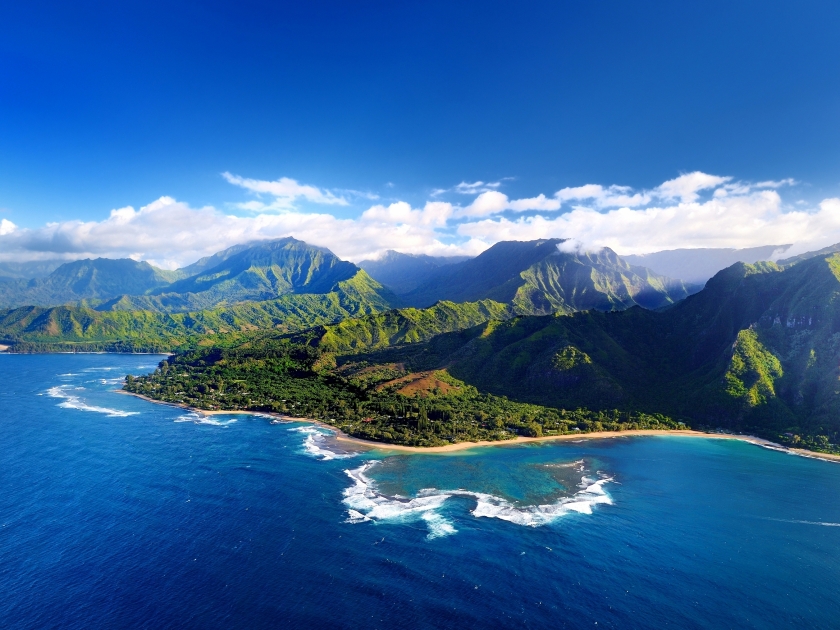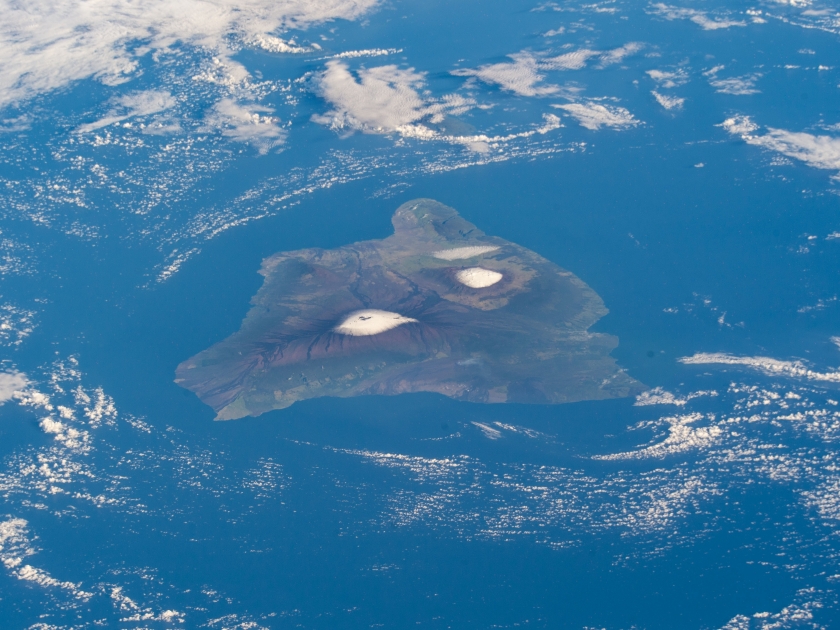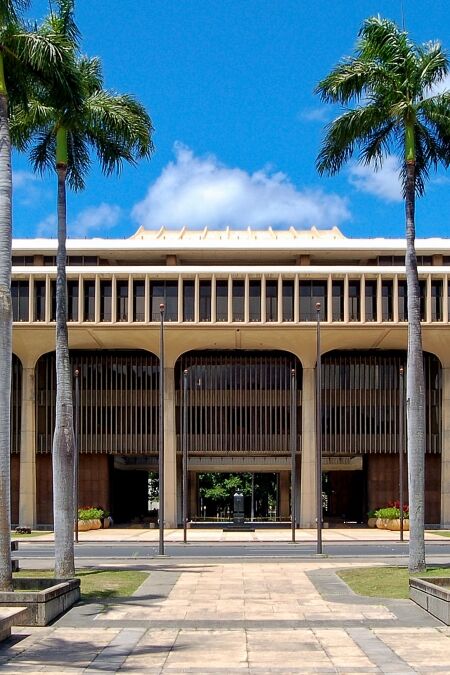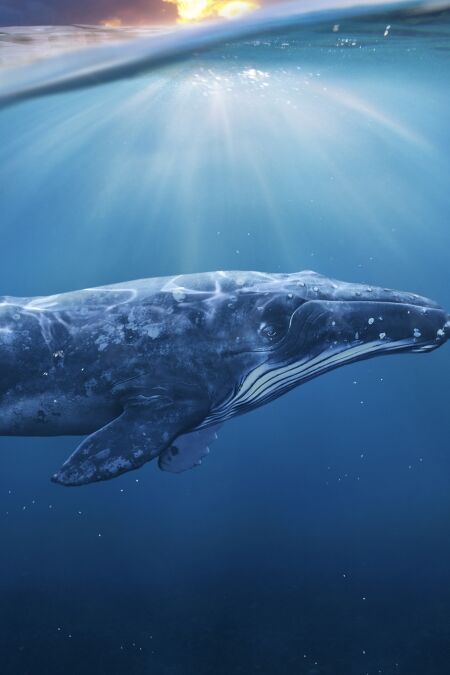Hawaii captures the imagination of travelers from around the globe. The name “Hawaii” itself carries a profound significance, weaving together history, language, and spirituality in a tapestry as rich as the islands’ diverse ecosystems. In this article, we delve into the origins, meaning, and cultural importance of the name “Hawaii,” exploring how it shapes the identity of this unique archipelago and resonates through its storied past and dynamic present.
Historical Origins of the Name Hawaii

The name “Hawaii” is deeply rooted in the Polynesian heritage that shapes the archipelago’s identity. The islands were first settled by Polynesian navigators who voyaged across vast stretches of the Pacific Ocean, guided by the stars, wind, and wildlife. These early settlers, arriving from other parts of Polynesia, brought with them their languages and traditions, which contributed to the formation of the Hawaiian culture. The etymology of “Hawaii” is thought to derive from the Proto-Polynesian word hawaiki or sawaiki, referring to a mythical homeland or place of the gods—emphasizing not only the physical journey these pioneers undertook but also their spiritual and cultural aspirations.
Linguistic Analysis of the Name Hawaii
The Hawaiian language, with its nuanced phonetics and rich symbolic meanings, plays a crucial role in the naming of places throughout the islands. “Hawaii,” in the native tongue, is often interpreted as a compound of “ha,” meaning breath or life force, and “wai,” which translates to water, reflecting the islands’ deep connection to nature and life-giving resources. Additionally, some believe that “i” at the end can represent “supreme” or “god,” suggesting a divine quality or reference to the island’s majesty. Despite common misconceptions that Hawaii simply means “paradise” or “heavenly place,” the name’s roots are deeply embedded in the elemental and spiritual aspects of Hawaiian life, demonstrating the profound connection between language, landscape, and cultural identity.
Cultural Significance of the Name
In Hawaiian culture, names are not merely identifiers but are imbued with mana, or spiritual energy, that captures the essence of a place or person. Hawaii, with its etymological ties to concepts of water and life force, symbolizes the profound relationship between the islanders and their natural environment. This connection is seen not only in the reverence for the land and sea that sustains them but also in the way geographical features shape spiritual practices and community life. The name Hawaii, thus, is a powerful emblem of the island’s identity, encapsulating its history, geography, and the spiritual bonds that define its community.
Hawaii in Native Legends

Hawaiian folklore is rich with legends that intertwine the origins of the islands with their names, offering a glimpse into the spiritual and cultural ethos of the native people. One prominent legend tells of Hawaiʻiloa, a legendary Polynesian navigator who is said to have discovered the islands. In honor of his discovery, he named the largest island after himself, which later came to represent the entire chain. Another tale describes the gods themselves naming the islands. According to this story, the god Maui pulled the islands from the sea with his magical fishhook, and the gods gave each island a name that captured its unique spirit and essence. These stories not only explain the origins of the names but also embody the deep connections between the Hawaiian people and the supernatural forces they believe guide and shape their world.
Modern Interpretations and Uses of the Name
In contemporary times, the name “Hawaii” has transcended its geographical and cultural origins to become a powerful brand synonymous with paradise, relaxation, and exotic beauty. This branding is extensively leveraged in the tourism industry, where it evokes images of pristine beaches, lush landscapes, and a welcoming aloha spirit. The use of the name in marketing campaigns not only attracts millions of visitors annually but also plays a significant role in the global perception of Hawaii as an idyllic escape. However, this modern usage also carries implications for Hawaii’s identity, influencing how the local culture is perceived and experienced by outsiders, and often sparking discussions about cultural authenticity and the impacts of commercialization on the islands’ heritage.
Hawaii’s Names for Its Islands and Regions

Each of the Hawaiian Islands bears a name that reflects its unique characteristics and historical narratives, deeply rooted in the cultural and natural heritage of the region. For instance, Maui is named after the demigod who, according to legend, lifted the heavens from the earth to give humans more daylight. Oahu, often called “The Gathering Place,” references its role as a hub for ancient Hawaiian society and its continued significance in bringing people together. Kauai, known as “The Garden Isle,” mirrors its lush, verdant landscapes. The island of Molokai, often referred to as “The Friendly Isle,” reflects the close-knit community and welcoming spirit of its residents. These names serve as a constant reminder of the islands’ legends, natural beauty, and the enduring spirit of the people who inhabit them, thereby enriching the cultural tapestry of Hawaii.
Names in Hawaiian culture are More than Mere labels!
The name “Hawaii” itself is a testament to this tradition, embodying the islands’ rich heritage, natural beauty, and the profound connections between the environment and its inhabitants. As Hawaii continues to navigate the challenges of modernity and global recognition, the enduring legacy of its name remains a powerful symbol of identity, resilience, and pride for Hawaiians, preserving a link to their ancestral past while embracing the future.




